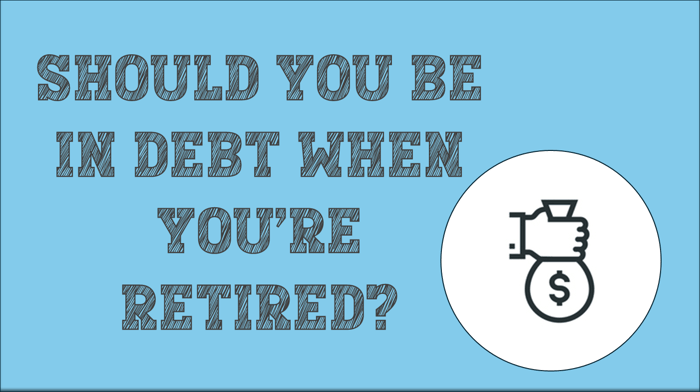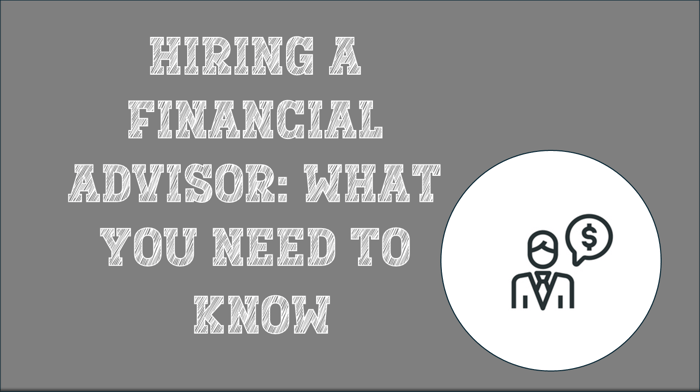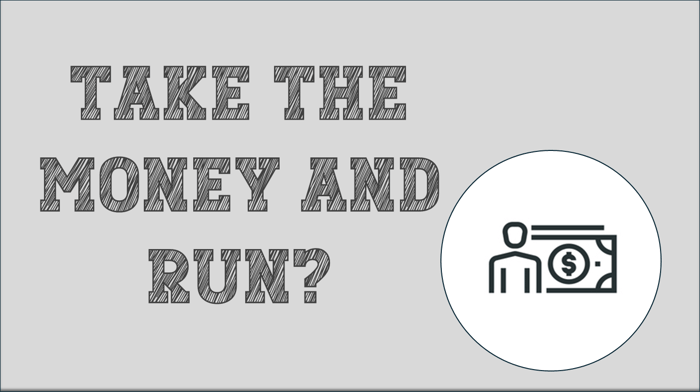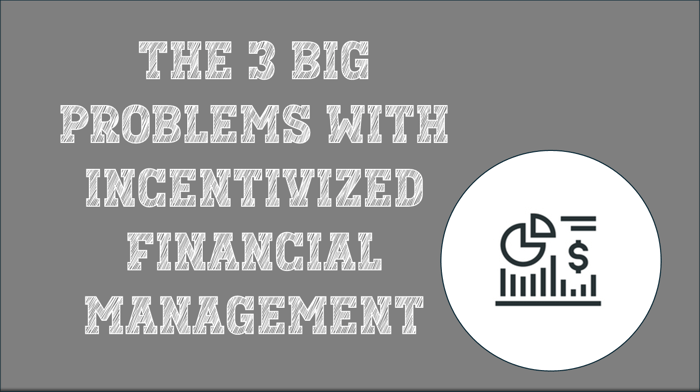Long-Term Debt
Lately, we’ve discussed retirement income planning. However, in this article, we’ll delve into a subject that is most often responsible for preventing people from retiring: Long-term debt.
Debt is something that nearly every American struggles with, and it’s responsible for quite a few delayed retirements. In fact, a 2016 survey by the Center for a Secure Retirement found that nearly 50% of Baby Boomers are planning to delay their retirement so they can retire debt-free.
A debt-free retirement is ideal, of course, but the likelihood is unrealistic for most people since many people will live with debt their entire life. Another 2016 survey by the credit bureau Experian discovered that 73 percent of consumers in 2016 died with debt. The total average debt was $61,000 among these individuals.
The intent of this article isn’t to scare or discourage readers. I want to emphasize the fact that most of the individuals mentioned in Experian’s study were, in fact, able to retire despite their existing debt. As you’ll see shortly, the key to a comfortable retirement isn’t necessarily eliminating all debt. It’s managing the debt you have.
Managing Debt
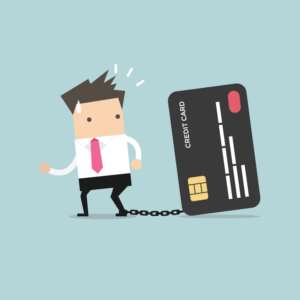
Many financial advisers categorize long-term debt into two groups: “good debt” and “bad debt.”
Good debt can grow in value as well as provide certain financial benefits. A mortgage on your home is the best example of good debt. Mortgage debt typically features low interest rates and can provide tax benefits when making itemized deductions.
Bad debt includes those financial obligations that grow over time and provide no financial benefits. The best examples of this sort of debt are credit card debt and student debt.
Credit card debt typically features high interest rates and with no benefits, which means your number one priority before retirement should be getting rid of it. Many financial experts recommend using all means available to you to get rid of your credit card debt, including selling assets and refinancing your mortgage. The latter will, of course, result in a higher mortgage, but it will be worth it to eliminate any credit card debt since credit cards carry far higher interest rates. If you are having trouble managing your credit card debt, you may want to reach out to a credit counseling service.
Student debt, on the other hand, is an issue that few prospective retirees know how to manage. According to Vanguard, “people age 60 and over now comprise the fastest growing segment when it comes to taking out loans for education.” The cost of student loans is higher than ever, and it’s becoming more common for seniors to assist students such as a family member with paying their loans.
Unfortunately, student loans aren’t discharged in bankruptcy and, unlike any other form of debt, up to 15% of your Social Security can be garnished should you default on a payment. Therefore, should you find yourself with student debt, it’s recommended that you pay off as much as you can before retirement. The interest rates on student loans aren’t usually as high as the rates on personal loans or credit cards, but it still falls into the category of bad debt.
Good Debt

At some point, you’ve probably heard the phrase, “retiring with some debt is a good thing.” This usually refers to mortgages and other debts which can be claimed as itemized tax deductions. This was true until recent tax reforms (specifically the Tax Cuts and Jobs Act) have made itemized deductions less valuable than in the past. Currently, most people will receive larger tax breaks with the standardized deduction than with itemized deductions.
Other experts, such as Tom Anderson (author of “The Value of Debt in Retirement”) advocate for “taking advantage of low-cost borrowing opportunities to boost liquidity and wealth.” This sort of advice only applies to wealthier retirees who can put borrowed money to use to earn income and are in a financial position to pay off any loans quickly if necessary. Otherwise, it’s best to be as debt free as possible.
Of course, debt free isn’t feasible for some people. Debt, especially bad debt, has a way of getting out of control. Thankfully, there are ways you can mitigate or even eliminate your debt without working throughout your entire retirement. The most popular among these options is taking out a reverse mortgage. If you own a home and plan on staying in it for a long while, you can use your home equity to borrow money and eliminate your remaining debts, as explained in this article. If you’d like more information on debt and debt management, I recommend you speak with a CFP or certified financial advisor.


